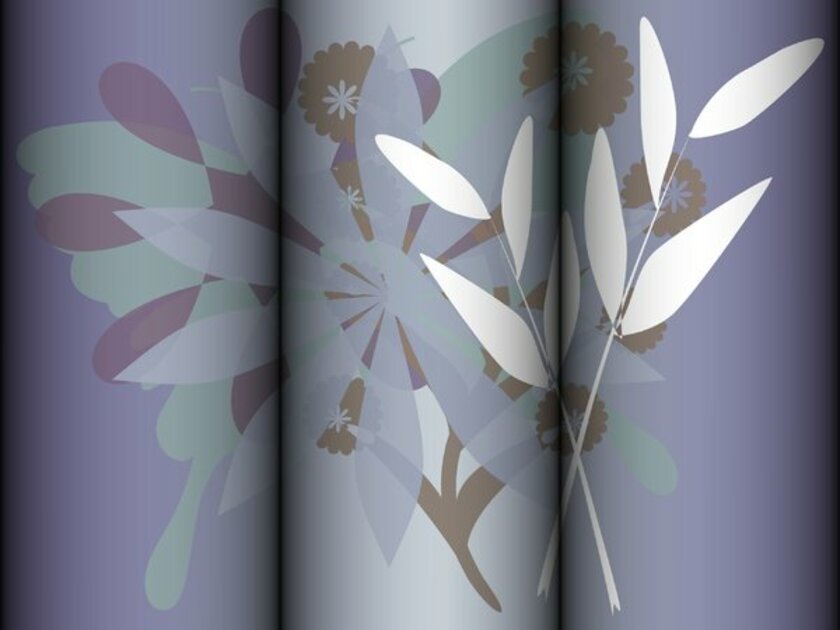
Our Gemara on Amud Aleph discusses how we derive which species is the correct one for the mitzvah of Lulav:
And say the verse is referring to oleander, which has both characteristics. Abaye said: It is written with regard to the Torah: “Its ways are ways of pleasantness” (Proverbs 3:17), and that is not the case with the oleander tree, because it is a poisonous plant and its sharp, thorn-like leaves pierce the hand of one holding it. Rava said: The unfitness of the oleander is derived from here: “Love truth and peace” (Zechariah 8:19), and poisonous plants that pierce are antithetical to peace.
Oleander happens to be a highly toxic chemical, even one leaf is enough to kill an adult.
What is the actual disagreement, according to Rashi, between Abaye and Rava? On its surface, Rashi explains that for Abaye, the thorns violate the principle that the Torah should be pleasant. For Rava, since the plant is poisonous, poison is not the way of peace and truth; it’s the way of warfare. But, we must ask, why was Rava’s answer not sufficient for Abaye, and the reverse?
Now for Abaye, we can simply say that he chose the bigger chiddush. That is, even if the plant was not poisonous, and its thorns cause snags and injury to the skin, this would already activate the principle of the Torah should be pleasant. However, according to Rava shall we say that he disregards the importance of the Torah being pleasant, and the only principle that would activate an invalidation of this particular shrub would be if it was toxic? If we have no choice, we may say that, but I will point to a possible deeper meaning that Rava was hinting at.
The verse that Rava quotes is significant because it describes a situation in Messianic times where the fast days, days of suffering, will be turned into days of rejoicing:
Zecharia (8:19)
ãÎThus said the LORD of Hosts: The fast of the fourth month, the fast of the fifth month, the fast of the seventh month, and the fast of the tenth month shall become occasions for joy and gladness, happy festivals for the House of Judah; but you must love honesty and integrity.
Therefore, perhaps Rava was arguing that The fact that something is not in the ways of pleasantness is not a valid reason because we have fast days in Judaism, so there is occasion to suffer. Perhaps then, it was the will of the Torah that this particular plant be used even if it causes injury. However, Rava argued that because eventually the fast days will turn into rejoicing, that means that at its core, suffering is not a key Torah principle. Thus, it cannot be an essential part of a mitzvah. Also, perhaps then too the plant would change, making it invalid, and the Torah law should be constant. Thus we can explain Rava as not invalidating the principle that all the ways of the Torah should be pleasant, rather he is reinforcing it and bringing an additional proof text showing that even the legislated fast days eventually become turned into pleasantness. Rava was stressing that even the so-called unpleasant parts of the Torah are only temporary.

 Previous
Previous
